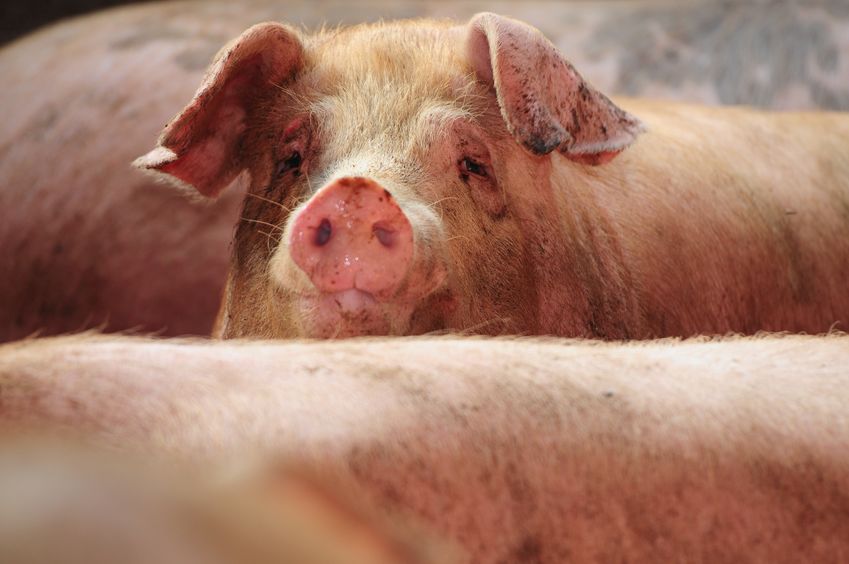
The government will launch a review of supply chain fairness in the pig sector following yesterday's industry crisis summit held at Defra's London headquarters.
Thursday's summit, chaired by Defra farming minister Victoria Prentis, brought together trade organisations, producers, processors and retailers to discuss solutions to the worsening pig crisis.
According to the National Pig Association (NPA), which attended the meeting, the current estimate is that around 200,000 pigs are backed up on farms, as the situation worsened over the festive period when slaughter days were lost.
The sector has been faced with a range of challenges, including the loss of exports to the Chinese market for certain pig processors, global disruption to CO2 supplies, and crippling labour shortages as a result of the pandemic's impact and UK exit from the EU.
The government support package announced in October has made no difference so far. The NPA said that just over 100 butchers had entered the UK under the seasonal worker scheme, out of 800 visas available.
At the crisis summit, Mrs Prentis confirmed an "immediate review of supply chain fairness in the pig sector", adding: “The effects on pig farmers have been devastating, and it is clear that many contractual arrangements are simply unfair."
However, while there were wide-ranging discussions and some actions agreed to try and make more progress in easing the backlog, the summit did not deliver what the NPA and NFU were asking in some areas.
Giving his initial reaction, NPA chairman Rob Mutimer said: “It was a full and frank discussion, and Defra ministers and officials and the supply chain representatives were left in no doubt as to the seriousness of the problems currently being experienced on farms.
"While many parts of the supply chain are doing everything they can to try and alleviate the issues faced, what has become very clear is that much of this problem ultimately boils down to access to labour - and that is within government's, and nobody else’s, gift."
He added: “While Victoria Prentis is working really hard for us, the labour issue is the responsibility of other government departments and that is where the barrier lies.
“There is now a list of actions from the summit and the urgency now is to identify who is going to do what and when because time scales for this are basically yesterday. Producers are desperate and need action now.”
In her statement, Mrs Prentis acknowledged that the effects on pig farmers had been 'devastating', and that many contractual arrangements were 'simply unfair'.
"Our agriculture act includes provisions to address this unfairness, and we are launching an immediate review of supply chain fairness in the pig sector.
"We want to hear from industry about improvements to fairness and transparency that could be made to ensure a profitable and productive future and we will begin engaging with industry on this straightaway with a consultation expected later this year."
NFU President Minette Batters, who attended the summit, said that without urgent action, the pig sector would contract even further, triggering an increase in pork imports produced to lower standards.
She urged the government to simplify the skilled worker visa route to allow more butchers to be recruited and to make use of public procurement to source British pork.
“We are witnessing the first ever cull of healthy pigs in this country, with the backlog on farms now in excess of 200,000 pigs.
"There are farming families suffering serious emotional, mental and financial stress as a result. It remains critical that the government looks at providing financial support to those farmers most affected."
Mrs Batters added that retailers played a crucial role in promoting British pork, particularly those key joints and cuts essential to carcass balance.
“Since April, the NFU, the NPA and the entire food supply chain has been warning the government of the possible consequences labour shortages could have on food and farming.
"Unfortunately, our predictions have become reality and it is deeply frustrating that nothing has been done. We now have a long-term plan but no short-term fix."
